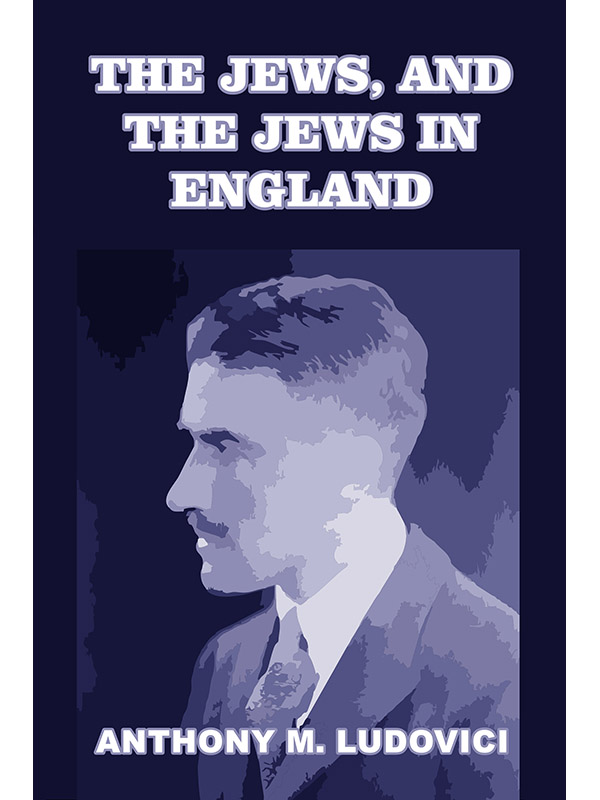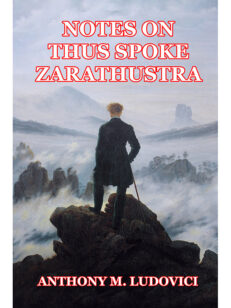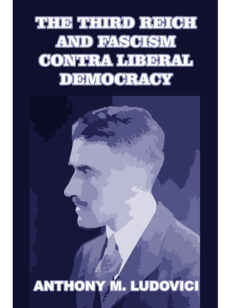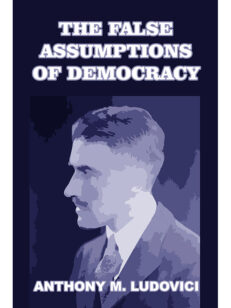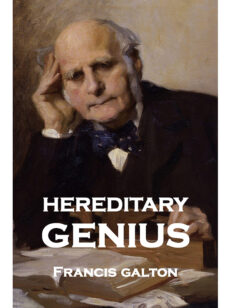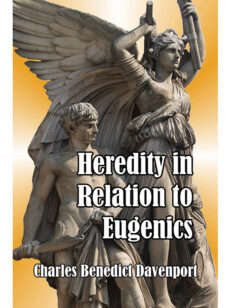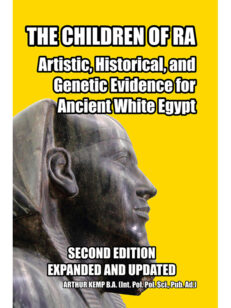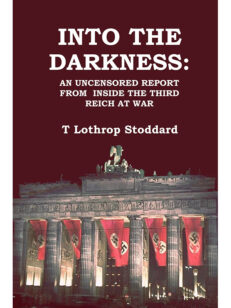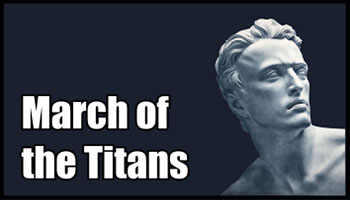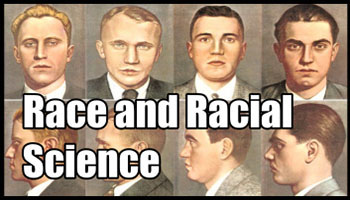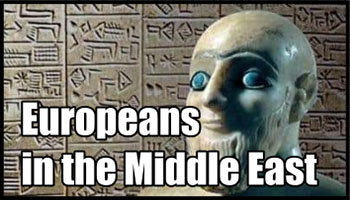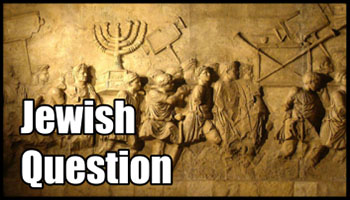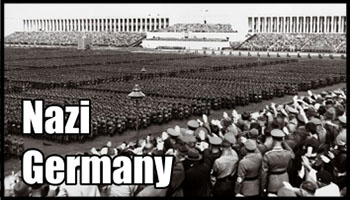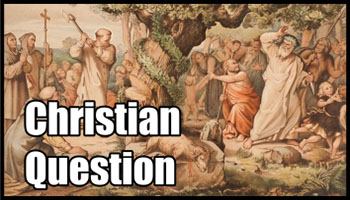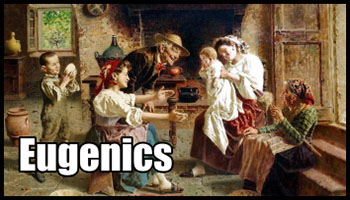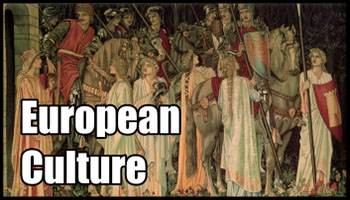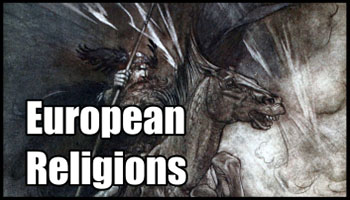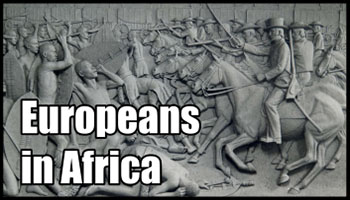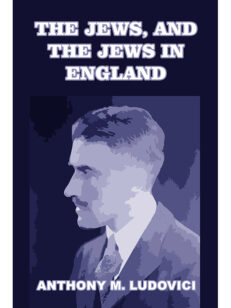Description
By A. M. Ludovici. Originally written in 1938 under the pseudonym “Cobbett,” this book is British philosopher and polyglot Anthony M. Ludovici’s most strident political writing. Finished at a time when Nazi Germany was at its peacetime height, Ludovici was still concerned enough about Jewish power in Britain to want this work to appear under another name.
Starting with a frank discussion on Jewish racial origins—as far as they were understood, based on phenotype and morphology in those pre-DNA days—Ludovici concludes that the European Jews were of mixed antecedents—Semitic, Orientalid, Asiatic and European, all in differing proportions.
From there he discusses the history of the Jews from their earliest interactions with surrounding Gentile nations, focusing particularly upon their troubled relations with the Romans and later Medieval Europe.
Ludovici then moves on to his major theme: a detailed history of the Jews in Britain, starting in Roman times, including the reasons for their expulsion in 1290, their return in 1655 under Cromwell, and their powerful influence in British society from that time onward.
In this regard Ludovici was of the determined mind that the Jews had, since 1655, become so thoroughly entrenched in British society that it would be well-nigh impossible to expel them once again.
“There is now no appreciable difference between the careers and possible appointments of Jews and Gentiles in Great Britain, and one may say that, except perhaps for the highest ecclesiastical honours, from which the Jews are barred only by their religious convictions, there is no position of influence, responsibility or importance in the land which is closed to a Jew,” he writes.
Furthermore, Ludovici says, even if it were possible to expel the Jews from Britain once again, what he called “Judaic values”—in business, beliefs, customs, and social mores—were also so entrenched in British society that all of these traditions would also have to be expunged:
“Modern English life is bristling with evidence of the victory of the Judaized Englishman and of Jewish values. What sense, then, would there be in so empty a gesture as excluding the ethnic Jew and retaining his Gentile understudy? What purpose would be served in excluding the Jew and in continuing to worship at the shrine of his idols?
“No exclusion of the Jews from the administrative or cultural life of England, therefore, could be more than a piece of shallow, hysterical patriotism if it did not contemplate and include the far more fundamental but infinitely more difficult task of freeing the country of its wrong values.
“Would there be any sense in now excluding the ethnic Jew, when his Gentile counterpart, his Gentile pupil and slavish imitator is everywhere enthroned by his side, and in greater numbers than the Jews themselves? Is there any sense in excluding the creator of a culture if you retain his values?”
A work which is most certainly a reflection of the thinking of its times, and for that reason alone, of value to amateur and professional historian alike.
Contents:
Anthony M. Ludovici: A Short Biography
Preface
I. Introduction
II. The General History of the Jews
III: History of the Jews in England
IV: Character of the Jews
V: The Influence of the Jews
VI: Conclusion
About the author: Anthony Mario Ludovici (1882–1971) was born in London, England. Educated privately, his high intelligence allowed him to become fluent in several languages, and he was a leading philosopher, sociologist, and author. His topics included art, metaphysics, politics, economics, religion, the differences between the sexes, race, and eugenics. In addition, Ludovici was a talented artist, and gained employment as a painter and book illustrator. Eventually he wrote full-time, producing over 40 books and translating 60 others.
126 pages. Paperback.

